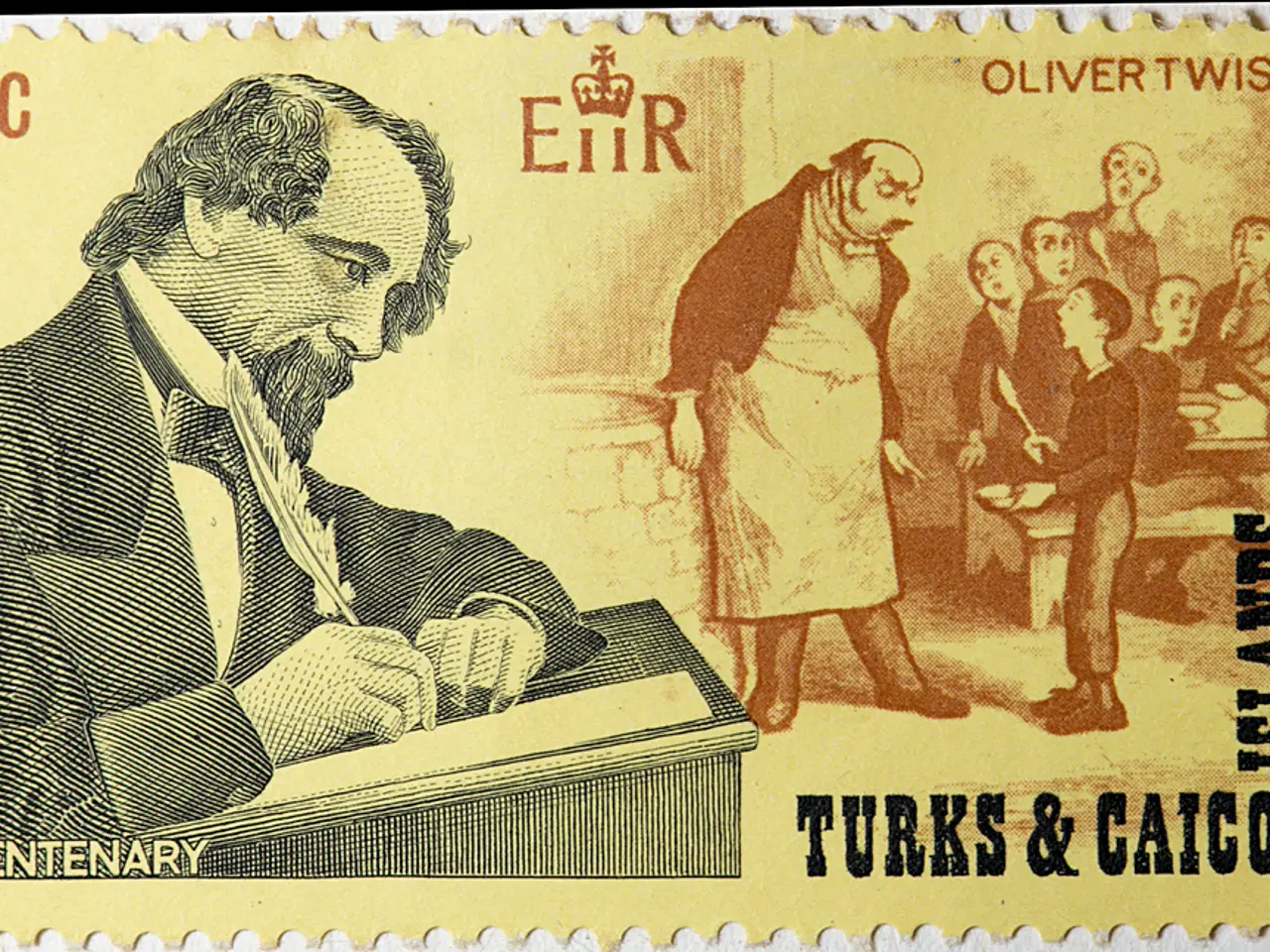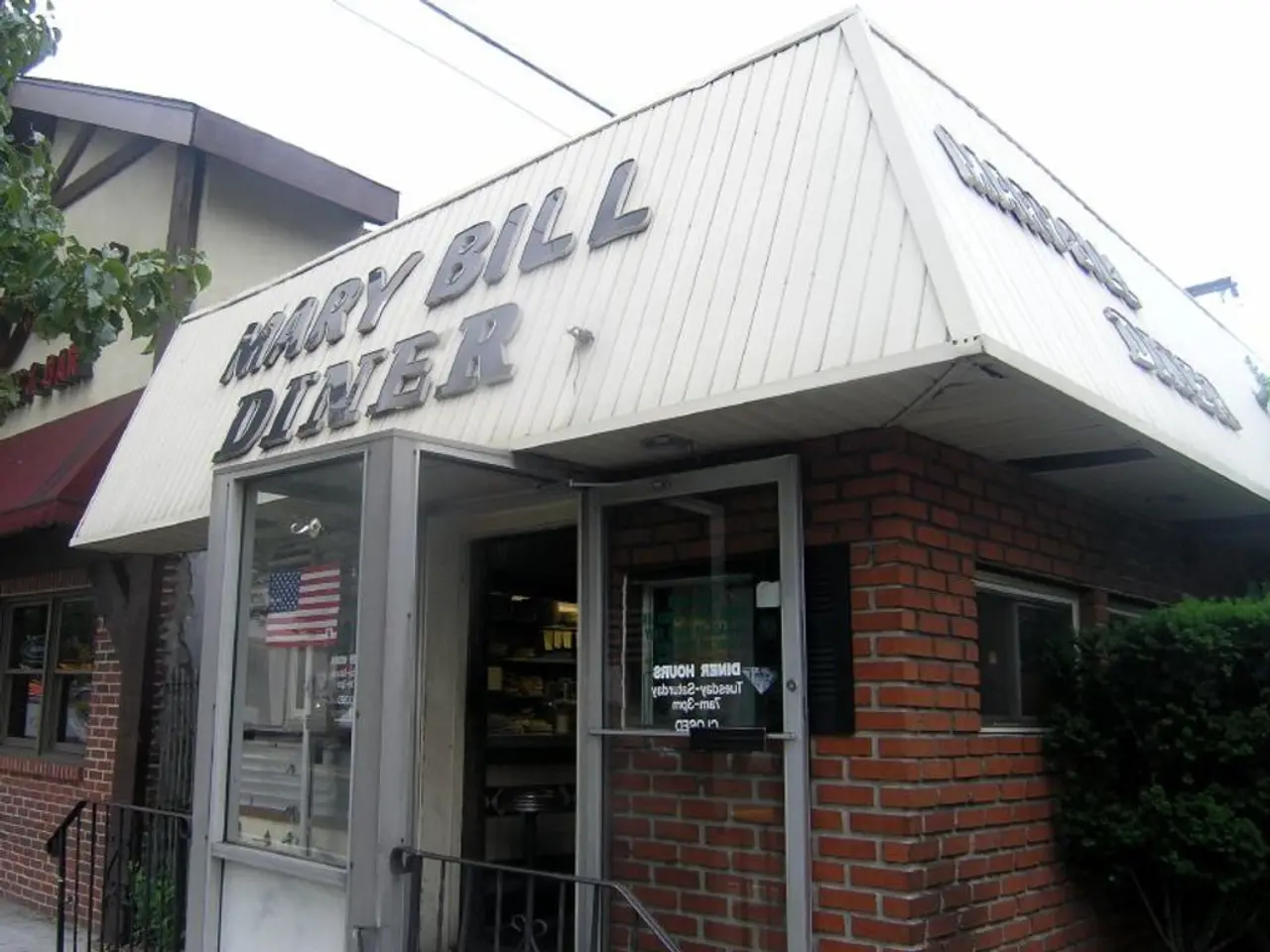Postmaster General advocates for USPS autonomy, dismisses privatization proposal
The United States Postal Service (USPS) is facing a new chapter under the leadership of David Steiner, who began his tenure as Postmaster General this week. Steiner, who previously served as CEO of waste management company Waste Management, is tasked with addressing the longstanding financial challenges of USPS and navigating the implementation of Zero Trust Architecture (ZTA), a federal cybersecurity mandate.
While Steiner does not believe in privatizing USPS or making it an appropriated part of the federal government, he supports the 10-year reform plan of his predecessor, Louis DeJoy. However, the implementation of ZTA could require significant investment in modernizing USPS’s IT infrastructure and cybersecurity posture, impacting financial resources.
The government requires all federal agencies, including USPS, to embed identity security into Zero Trust frameworks by the end of fiscal year 2027. This involves continuous verification and least-privilege access, policies, and technologies like multi-factor authentication, identity-based access controls, and segmentation of networks.
However, the government faces significant operational and cultural challenges in the implementation of ZTA. Federal environments were not originally designed for Zero Trust models, so agencies must undergo a cultural shift where security, network, and system administrators collaborate continuously and share ownership of identity and access decisions. Sustained training, leadership involvement, and consistent policy updates are essential. There is also a challenge of integrating Zero Trust with existing legacy infrastructure and ensuring that suppliers and contractors align with updated Zero Trust frameworks and maturity models.
Regarding USPS, while there is no direct information linking ZTA adoption specifically to the USPS's independence or financial stability, the need for cybersecurity modernization may impose costs but potentially enhance operational security and resilience. The financial impact depends on how cost-effectively USPS implements these requirements and whether it receives adequate federal support.
In recent developments, Steiner is defending the Postal Service’s current independent status from the executive branch, a move that comes after President Trump briefly considered plans to privatize USPS before taking office and more recently considered moving USPS under the Commerce Department. Steiner believes the strength of USPS lies in its structure as a self-financing independent entity of the executive branch.
Under Steiner’s leadership, USPS aims to improve on-time delivery, currently delivering about 85% of first-class mail on time (falling short of its 88% target). Steiner generally supports DeJoy’s reform plan and believes it brought USPS closer to private sector logistics practices. The Postal Service raised the price of a first-class Forever stamp from 73 cents to 78 cents on July 13, 2021, as part of its reform plans to match costs to revenues on a consistent, long-term basis.
Despite a rare net profit in the first quarter of fiscal 2025, USPS ended the second quarter with a $3.3 billion net loss, and expects to end this fiscal year with a $6.9 billion net loss. The Postal Service Reform Act passed by Congress in 2022 eliminated a mandate for USPS to prefund retiree health benefits, expected to save the agency $107 billion.
Steiner has ties to a company (FedEx) that does business with USPS and competes with it in the package industry. However, USPS previously paid FedEx to fly some of its mail volume, but eliminated those contracts to cut costs and focus on ground transportation.
As Steiner navigates the challenges ahead, he will need to balance the need for modernization and cybersecurity with the financial stability of USPS, ensuring that the iconic institution continues to serve the American public effectively.
- The government's Zero Trust Architecture (ZTA) mandate, which requires continuous verification and least-privilege access, could necessitate significant investment in the United States Postal Service's (USPS) IT infrastructure, potentially impacting its financial resources during Steiner's tenure as Postmaster General.
- As the USPS faces a new chapter under Steiner's leadership, he will need to balance the need for modernization and cybersecurity with the financial stability of the institution, ensuring that it remains an effective service for the American public while managing the challenges ahead.




